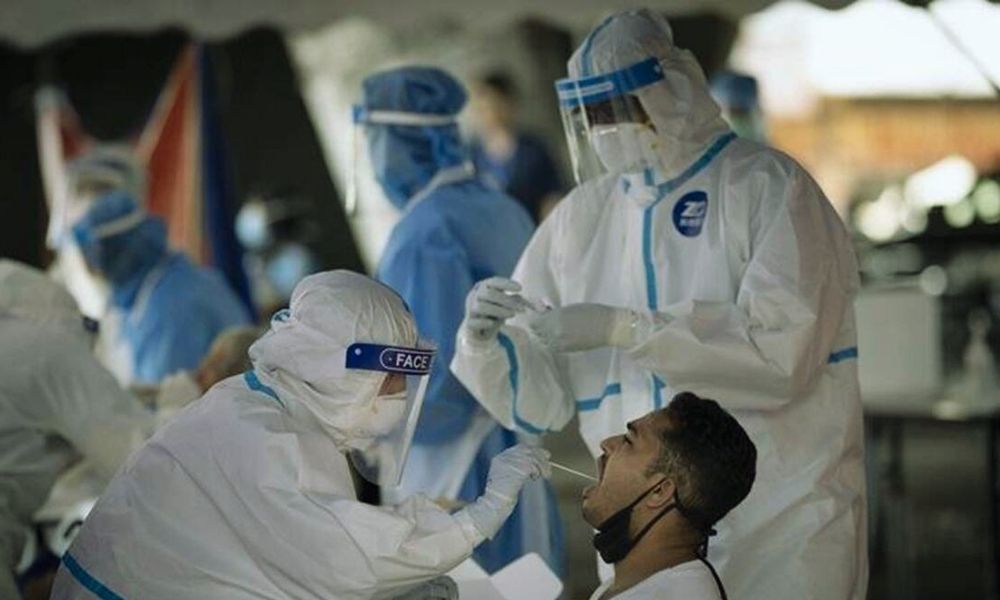
Credits: TheIndianExpress
Data Of Decline In COVID Cases In India Is Not Reliable: WHO Expert
Writer: Devyani Madaik
A media enthusiast, Devyani believes in learning on the job and there is nothing off limits when it comes to work. Writing is her passion and she is always ready for a debate as well.
India, 18 May 2021 1:17 PM GMT
Editor : Madhusree Goswami |
A mountain girl trying to make it big in the city. She loves to travel and explore and hence keen on doing on-ground stories. Giving the crux of the matter through her editing skills is her way to pay back the journalism its due credit.
Creatives : Devyani Madaik
A media enthusiast, Devyani believes in learning on the job and there is nothing off limits when it comes to work. Writing is her passion and she is always ready for a debate as well.
Chief Scientist Soumya Swaminathan said that the high positivity rate is an indication that the country is not testing enough. The official data is unreliable due to the lack of testing in rural and other remote areas, where the virus has spread like wildfire.
Of late, India has been showing a consistent fall in daily coronavirus cases with figures remaining below the 3 lakh mark. There has also been a decrease in the death toll. It is a significant development, given the number of cases that have been reported ever since the disastrous second wave hit the country.
However, the experts say that the official data is unreliable due to the lack of testing in rural areas. The virus is spreading like wildfire in remote areas and might delay the recovery period further.
"There are still many parts of the country which have not yet experienced the peak; they are still going up. And therefore, one could end up with a very long plateau at a very high level of cases," World Health Organization Chief Scientist Soumya Swaminathan said in an interview with The Hindu.
Swaminathan pointed to the 'high' national positivity rate (considering the 20% of tests conducted) as a sign that the situation could become worse, reported the daily.
'Not Enough Tests Being Carried Out'
She said that inadequate testing is one of the major issues in many states, and the high positivity rate is an indication that enough tests are not being carried out.
"And so the absolute numbers don't mean anything when they are taken just by themselves; they need to be taken in the context of how much testing is done and test positivity rate," she added.
She further said that the efforts put in the next 6-18 months would be most critical in battling the pandemic.
As India detected the highly contagious B.1.617 variant first, the uncertainty around the number of cases has been growing more. The variant has now been reported from 50 other countries. Swaminathan said that the variant is one and a half to two times more transmissible than the original strain. It is more virulent than the B. 1.17, which was identified in the UK.
Speaking on the kind of tests that can be conducted in rural and other remote areas, the chief scientist said that the rapid antigen tests with good sensitivity and specificity could be advantageous.
"In remote rural areas, for example, if you want to investigate clusters of fever, then this would be a good approach. The right antigen test will help in increasing the testing rates across the country," Swaminathan told the media.
 All section
All section














